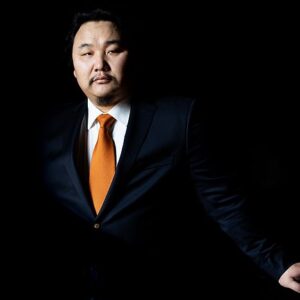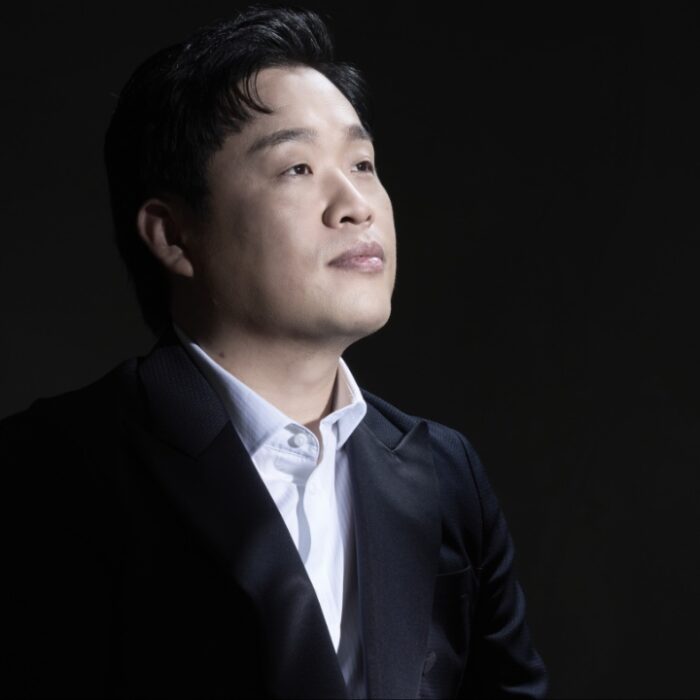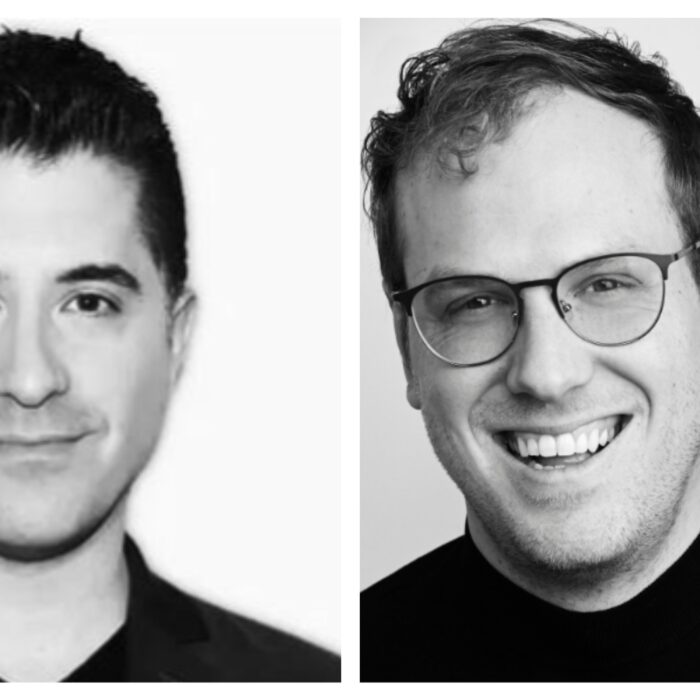
Q & A: Amartuvshin Enkhbat on the Importance of Verdi in His Career
By David Salazar(© Laura Scaccabarozzi)
When you talk about Verdi baritones in the modern era, few singers fit the bill quite like Amartuvshin Enkhbat.
The Mongolian baritone possesses a potent voice with a confident upper range that can then transform into the most gentle of vocal caresses. His vast vocal palette has made him a go-to in the Italian composer’s iconic roles. A prize winner at the Tchaikovsky Competition, Operalia Competition, and BBC Cardiff Singer of the World, he has taken on the roles of Amonasro in “Aida,” Don Carlo in “Ernani,” Don Carlo in “La Forza del Destino,” “Miller in “Luisa Miller,” Jago in “Otello,” Il Conte di Luna in “Il Trovatore,” Renato in “Un Ballo in Maschera,” Germont in “La Traviata” as well as the title roles in “Rigoletto,” “Macbeth,” and “Nabucco.”
This season he’s set to reprise many of these, starting with Rigoletto at the Royal Opera House. OperaWire spoke to the baritone about what Verdi means to his career and whether Rigoletto is the hardest baritone role the composer ever wrote.
OperaWire: When did your passion for opera commence? When did you decide that you wanted to be an opera singer?
Amartuvshin Enkhbat: I graduated from secondary school in the far eastern region of Mongolia, and then studied as a singer at the University of Culture and Arts in the capital, Ulaanbaatar. From the moment that I entered the university, I fell in love with my profession. I learned what opera is and what it takes to be an opera singer.
OW: What have been some of the greatest challenges that you have faced to this point in your career? What did you learn from overcoming those challenges?
AE: After graduating from university in 2009, I started working as a soloist at the Mongolian Opera and Ballet House. From this point in my career, I started challenging myself in many things by participating in prestigious competitions and performing new roles. At the time everything was new to me and challenging but I knew I had to work hard and overcome all those obstacles to succeed in this career.
OW: Verdi is a composer that has become essential to your career. What about his operas inspires you?
AE: My artistic career is supported by Verdi’s works of genius. Undoubtedly, the timbre and range of my voice suits well to sing Verdi; I feel at ease singing his music and find it very satisfying. Everyone likes his works because they are beautiful masterpieces.
OW: Do you have a favorite Verdi opera?
AE: My favorites are “Macbeth” and “Simon Boccanegra,” which I recently sang, and of course, “Rigoletto.”
OW: Speaking of “Rigoletto,” you will be performing the opera in London. Who is Rigoletto in your view?
AE: I consider the role of Rigoletto to be a representative of the lower class of society; he spends his life doing something he despises and does everything in his power to keep his daughter away from all the corruption and lewdness of society. To him, Gilda is the only pure thing in the whole wide world.
OW: In addition to Rigoletto, you have performed the roles of Nabucco and Macbeth a lot recently and will continue to do so throughout the season. What are the particular challenges of these roles and how do they compare to Rigoletto?
AE: When I sing Rigoletto, I spend absolutely all my energy and I pour all my heart into it. Although I feel tired, it is so worth it because in the end, I feel an enormous satisfaction. In general, for me, this opera is the hardest Verdi opera. However, after having done Macbeth I had to re-evaluate my choices. I felt even more satisfied after Macbeth compared to Rigoletto. Nabucco is obviously another masterpiece but these two operas hold a special place for me.
OW: What are some future roles that you dream of singing?
AE: I am singing all my dream roles. As for Verdi’s work, “Simon Boccanegra.” I sang the role once, many years ago. I wish to sing it more in the future.


